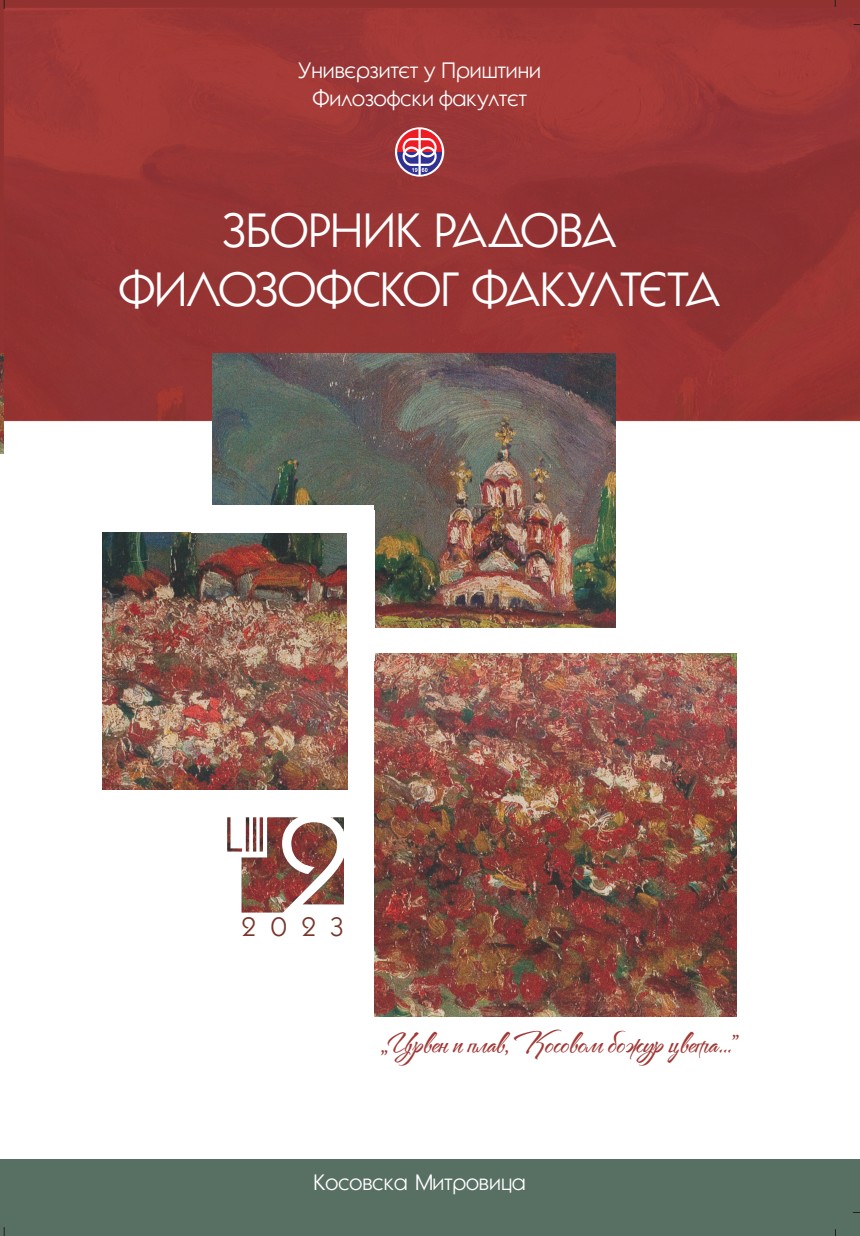Финансијска писменост на часовима српског језика и књижевности у старијим разредима основне школе
Financial Literacy of Students in Serbian Language and Literature Classes in the Second Cycle of Primary Education
Author(s): Saša Čorboloković, Biljana V. NikićSubject(s): Social Sciences, Language studies, Language and Literature Studies, Education
Published by: Филозофски факултет, Универзитет у Приштини
Keywords: financial literacy; primary school; Serbian language and literature; money; language culture.
Summary/Abstract: Financial literacy is important not only for the independent development of an individual but also for the progress of the entire society; hence, the need to include financial literacy in the education system. This paper investigates several aspects of introducing financial literacy in Serbian language and literature classes in the second cycle of primary education. The paper showed that financial literacy does not have to be a separate subject; its principles can be adopted gradually and in the classes of core subjects. This study aims at investigating the areas and teaching units of the curriculum wherein the topics of money, consumption, saving, and value and its good and bad sides could be incorporated; it also looks at the practical implications of financial literacy in real-life situations. The analysis of the curriculum of the Serbian language and literature course, from the fifth to the eighth grade, has shown that the subject provides a good framework for developing financial literacy. This can be done mainly through two teaching and learning areas—literature and language use. This study investigates how money and its value can be discussed when interpreting many literary works. Existence and social status depend on money; money is often a means for achieving various goals and it helps build up literary characters. In the area of language use, lexical exercises can be enriched with examples from lexicology and phraseology that are thematically related to finance. In addition, thoughtful use of non-linear texts can be very useful for practicing data search. There are numerous topics for discussion or essays that contribute to the formation of good financial habits, especially in the age of consumerism and the constant appearance of new products with aggressive marketing. Finances can be discussed in all types of classes and through a wide range of tasks, e.g., quizzes that can also be devised in a digital format. In this way, numerous concepts of financial literacy are being adopted gradually, students are motivated to work, behave responsibly, and develop critical thinking skills; they are trained to understand the importance of thoughtful financial decisions better and easier and apply financial literacy principles later in adulthood.
Journal: Зборник радова Филозофског факултета у Приштини
- Issue Year: 53/2023
- Issue No: 2
- Page Range: 113-129
- Page Count: 17
- Language: Serbian

